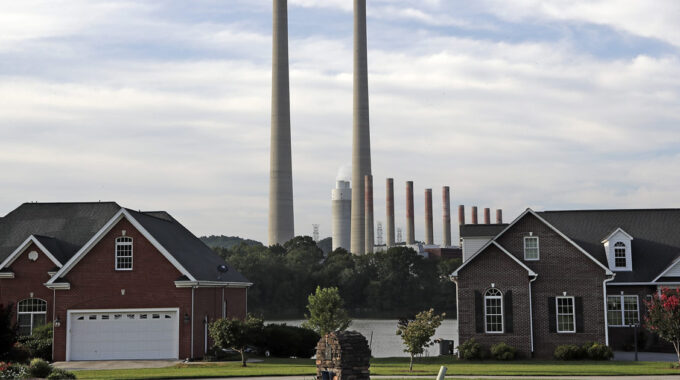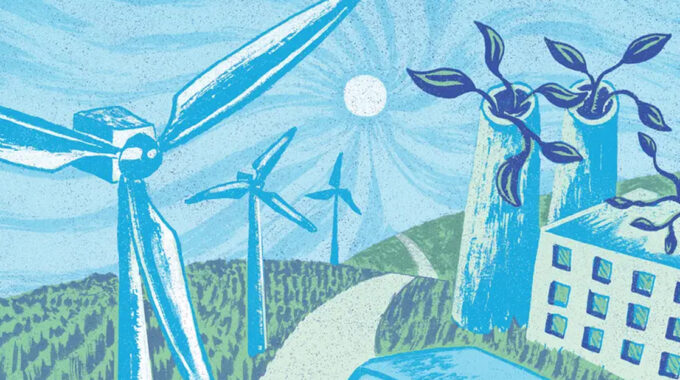
The Clean Air Act Wins Even 50 Years Later
After 50 years, the societal benefits of the Clean Air Act still outweigh costs. Ambient measures of pollutants have fallen more than 90% in some areas, and the improvement in air quality has been credited with preventing innumerable premature deaths.
Economists, Reed Walker, an associate professor at Berkeley’s Haas School of Business and co-author Joseph S. Shapiro, an associate professor with UC Berkeley’s Department of Agricultural & Resource Economics, wanted to understand whether the Clean Air Act had reached the point of diminishing returns.
Walker said, “We looked at many different cities, states, pollutants, and years, and found that in nearly all circumstances, regulation is currently too lenient, rather than too strict.” He continues to explain that there are much larger social benefits to improving air quality when compared to the compliance costs for firms.
At the University of California, Berkeley, you can work towards becoming tomorrow’s global leader. Click to know more about the Berkeley Executive Program in Management (Berkeley EPM).


















